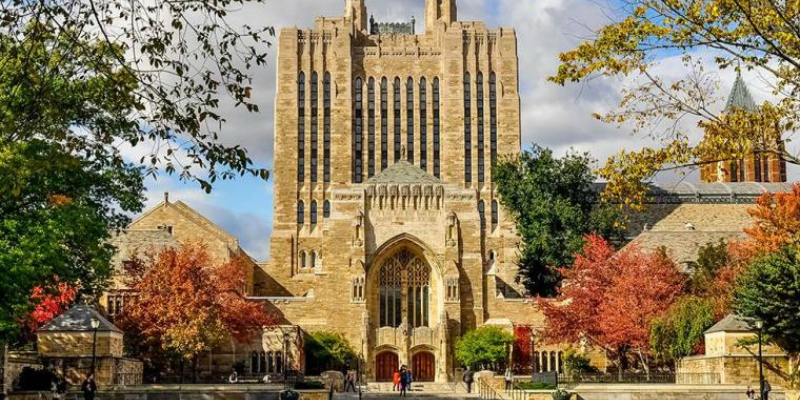Between October and December 2024, Mexican security forces detained nearly half a million migrants, most of whom were crossing the country on the way to the US. That’s almost twice the number detained by the US in the entirety of 2024. There is a migrant crisis in the Americas, but it is not happening on the US-Mexican border. It is taking place just south of it, where the Mexican army has been acting as an unofficial US border patrol for over a decade.
This tacit military takeover of migration administration in Mexico has had predictable and tragic consequences. In detention centres, migrants have been burnt alive and shot, army-execution style, in the back of the head. Organized criminals have shifted from drug production to the extortion of migrants, which makes them up to $15 billion a year. And swathes of Mexico, especially in the predominantly indigenous south of the country, near the border with Guatemala, have become cartel-controlled zones.
Few writers have broached the topic; it is politically unpalatable. Both the Democrats and the Republicans have forced it on the Mexicans, and in Mexico, all the leading parties have ceded to the deal. Mexican migrant control is the unconfessable truth, the dirty little secret underlying more than a decade of bilateral relations. This is why Jason de León’s Soldiers and Kings is such an important text. The US anthropologist spent over seven years in the field in Mexico and Central America, building links with multiple characters involved in the migrant smuggling business and uncovering a precarious and vicious world of poverty and preening machismo. But it is also a world of tenderness, hope, humour and defiance.
We are introduced to Kingston, a coiled spring of intelligence and violence. We hear how he was forced to be a child soldier, then a gang member, then a freewheeling migrant guide for hire. We understand his moral code and his dreams of steady work in the US, and through de León we witness him fall into a heavy drug addiction. We meet Papo, the MS-13 gang racketeer, and his optimistic, sympathetic girlfriend, Alma. And we learn about a Honduran couple, Chino and Jesmyn, who try to get off the migrant circuit (travel, be deported, repeat), return home, and become victims of the cruel iniquities that made them leave in the first place.
The author has an extraordinary talent for offering vignettes of these characters, teasing out their histories and inner lives, narrating their fates, then drawing smart and sweeping conclusions. His insights into his own relations with the migrants he meets, in particular, are critical and moving. He has a fantastic turn of phrase, the ability to sum up a place, a party or just a vibe in a few key words. Soldiers and Kings is a brilliant work of both journalistic reportage and engaged anthropology.
The post A precarious world appeared first on TLS.

 By Times Literary Supplement | Created at 2025-03-26 14:07:34 | Updated at 2025-04-03 09:36:46
1 week ago
By Times Literary Supplement | Created at 2025-03-26 14:07:34 | Updated at 2025-04-03 09:36:46
1 week ago






